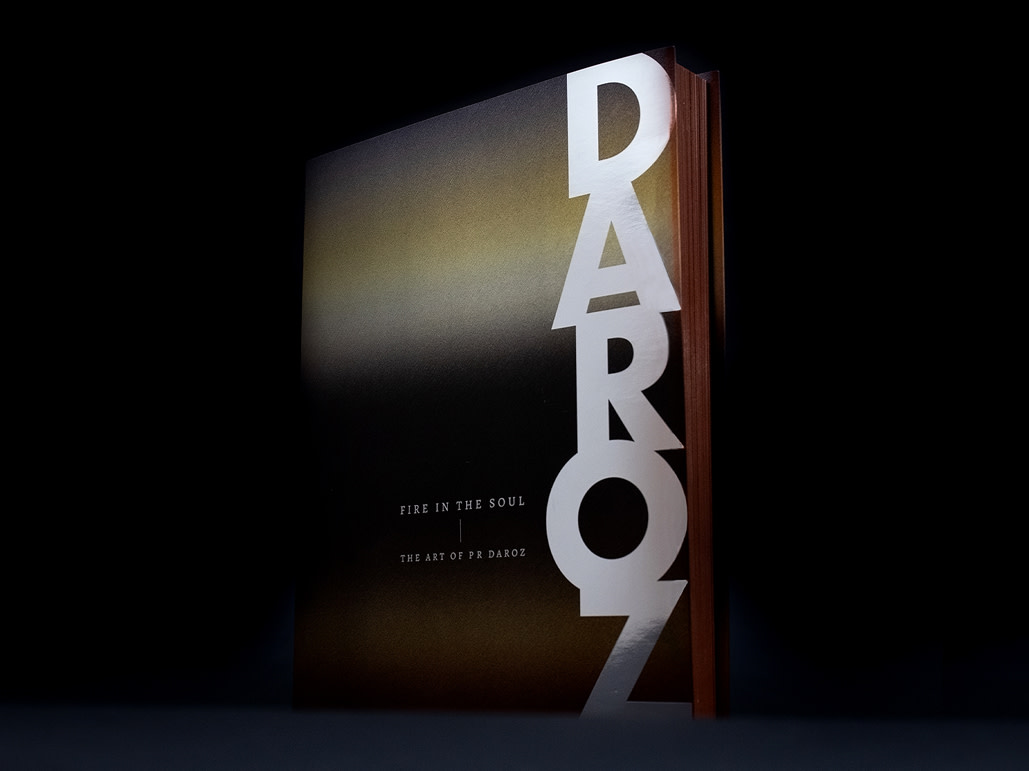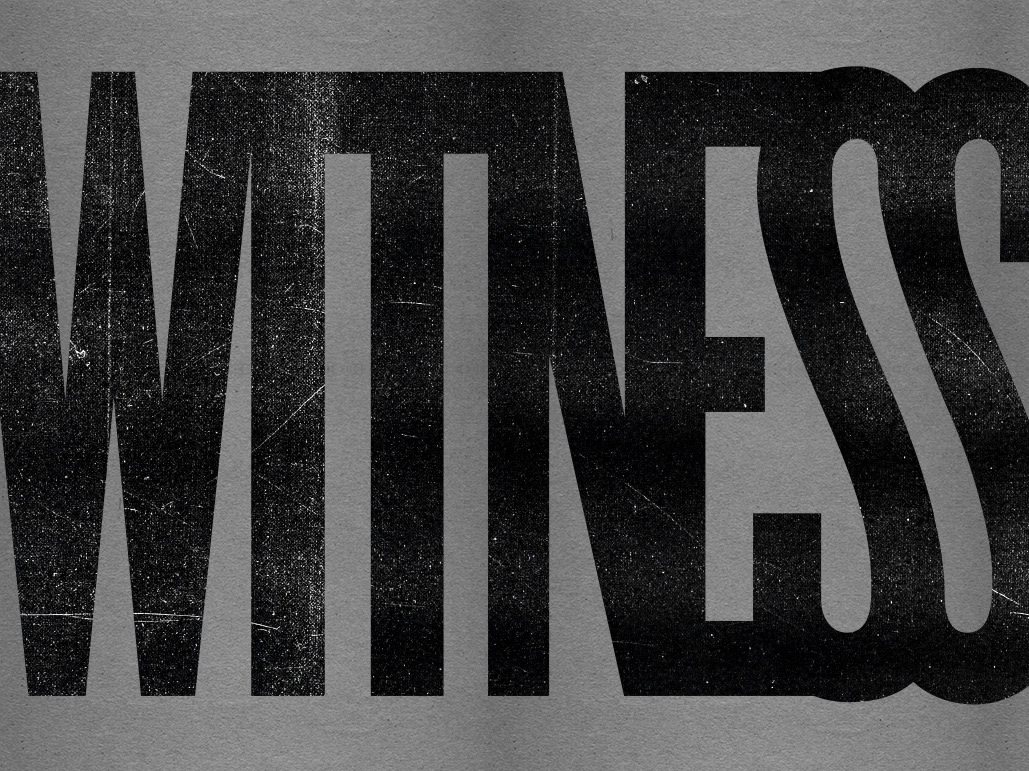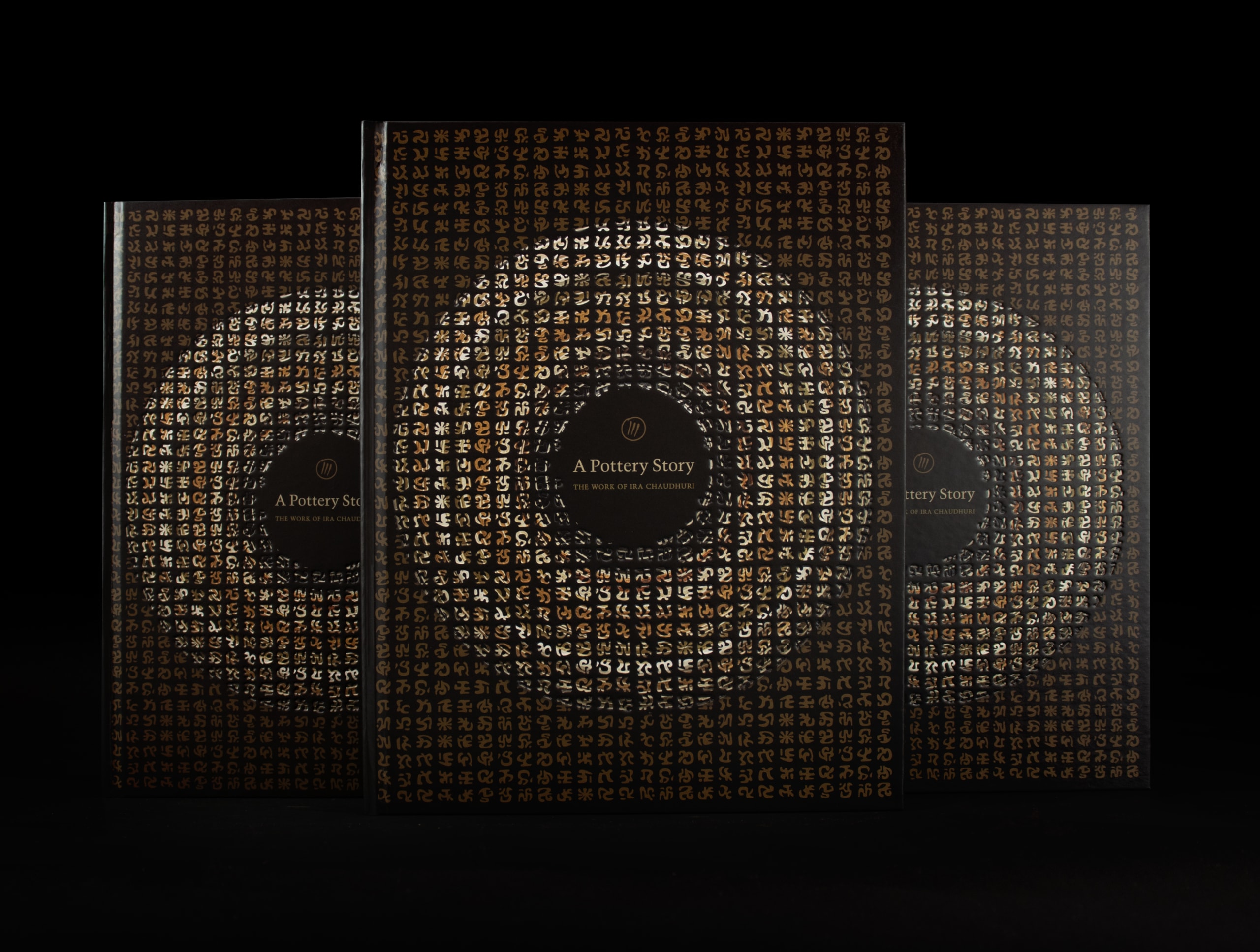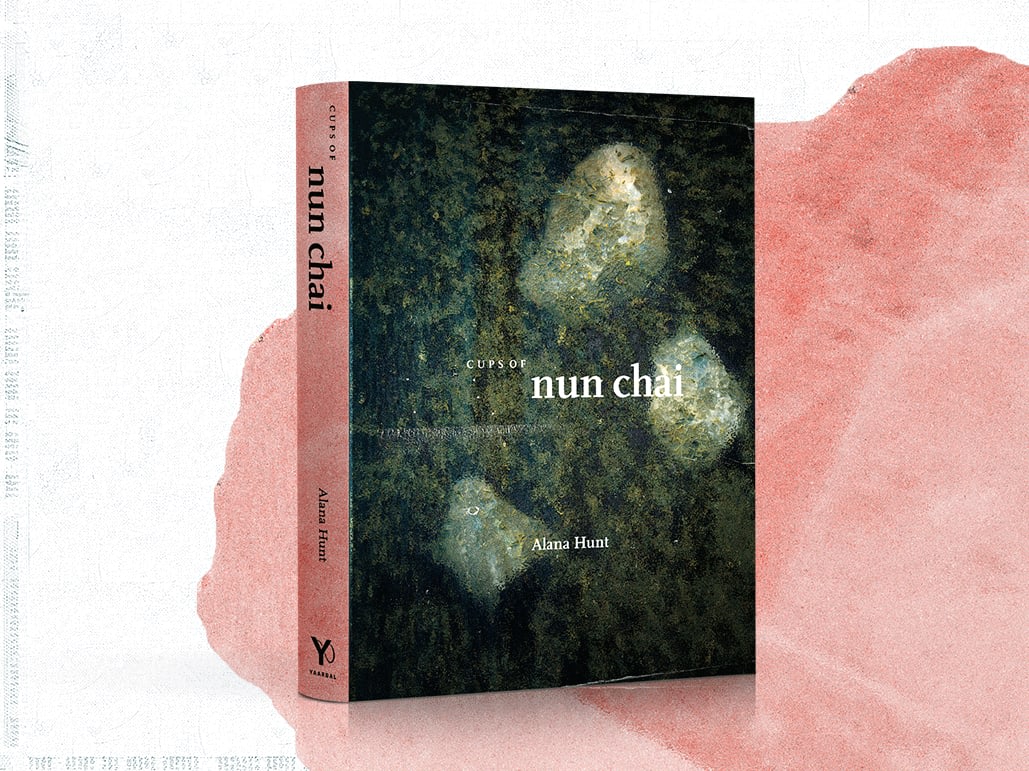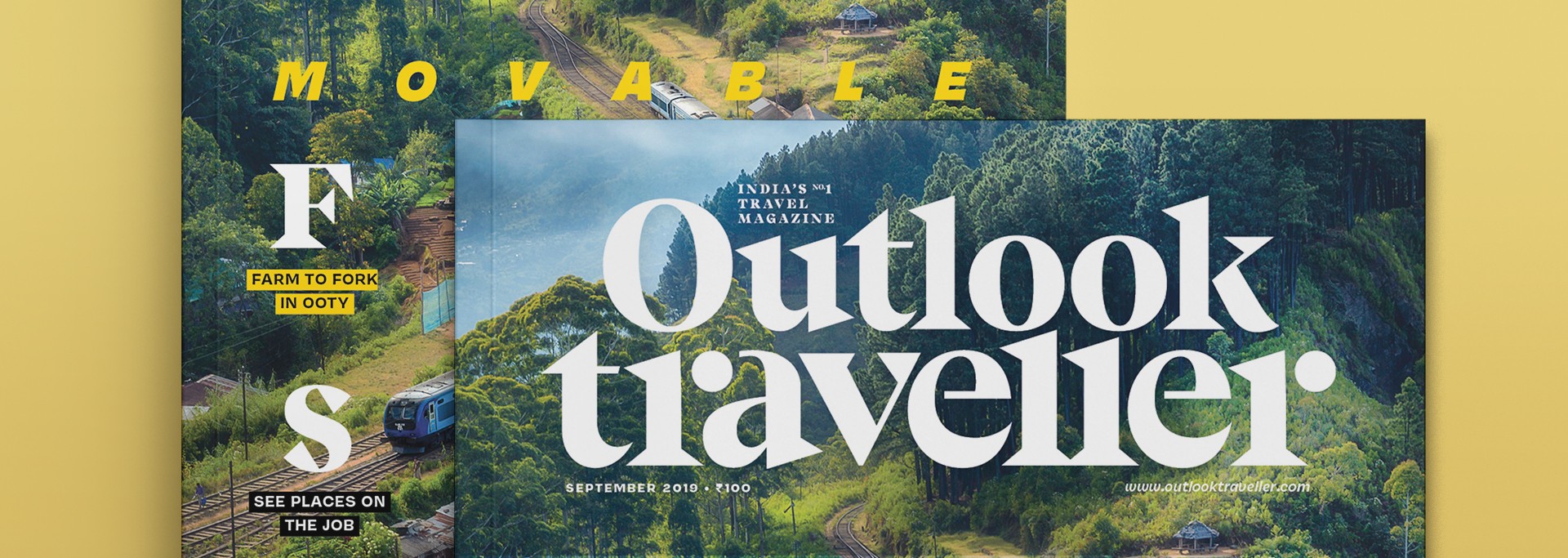Brief
Nand Ghar is Vedanta Resources’ ambitious initiative to advance the government’s Anganwadi programme (mother and child care centers), bringing accessibility of early education, health care and women’s empowerment programmes to rural India. They are present in 16 states, and 4000 are planned.
To showcase the project, and to win support from government constituencies and the general public, we were approached to create a coffee-table book highlighting Vedanta’s efforts.
Strategy
In early conversations with the client and outside constituents, we realised that the mixed results from the Anganwadi programme were bound to be inherited by Nand Ghars. Besides, simply listing achievements would invite scepticism and smack of corporate PR.
Accordingly, we planned a book that could be seen as much as a report rather than a lush object designed to praise the company, as the original coffee-table book brief suggested. Similarly, focusing on the investments in physical infrastructure would invite the same criticism.
To bypass scepticism, we decided to create an engaging document that generated affection for the beneficiaries of the Nand Ghars. It would show the facilities in the background while making children and the Nand Ghar workers the subjects of the story. Human stories are undeniable.
Simultaneously the people narrative, in pictures, allows a deeper look at the project to focus on its unquantifiable impact rather than dry facilities.
Design
The design is in essence a coffee-table book, in that it is readable at glance, dominated by photographs supported by short write-ups. But it is without the grandeur typical to coffee-table books, which would have sat oddly with its rural context. This principle and the people narrative guided the writing, the aesthetic approach and the photography.
Content
The book gives the reader a sense of a day at the Nand Ghar—from the break of dawn—witnessing its activity as the day unfolds. A balanced emphasis on the facilities, human narratives, and expert essays on education, health and women’s empowerment are interspersed through the book. On the one hand, they provide substance and make evident the value of these interventions, and on the other carry an emotional charge. Words always support pictures, so the information is not burdensome.
Visual Design
The bold use of colour signals the world of the child. It also evokes the Nand Ghar’s insertion of hope and vibrancy against the backdrop of rural India. Rural India also provides such colour contrasts: the brilliant against the bleak. The mixed-case lettering on the cover, cropped images of illustrations from the facilities, and the building of a childlike ‘school’ vibe—done with disarming lack of authoritativeness—emphasises education. It highlights the book’s role as a report without the glossy attempt of a glorified corporate achievement.
the day in the life of India’s new Anganwadis
a coffee-table book on Vedanta resource’ initiative Nand Ghar which brings accessibility of early education, health care and women’s empowerment programmes to rural India, and advances government’s anganwadi programme.

a day spent at Nand Ghar
The book mirrors a day spent at the Nand Ghar—from the break of dawn, witnessing its activity as the day unfolds. A balanced emphasis on facilities, human stories, and expert essays on education, health and women’s empowerment woven together.

human narratives are undeniable
The design generates affection for the beneficiaries of the Nand Ghar—the children and the workers become the subjects of the story, with the backdrop of the physical infrastructure. People narratives allow a deeper look and focus on the unquantifiable impact of the effort.


child-like, a symbol of hope and vibrancy
The mixed-case lettering on the cover, cropped images of illustrations from the facilities, builds a childlike ‘school’ vibe—with disarming lack of authoritativeness—emphasising education and the book’s role as a report.

a coffee-table book in essence, not aesthetics
A coffee-table book in essence—readable at a glance, dominated by photographs, but not grandeur, which would have sat oddly with the rural context. Planned as a report rather than a lush object, this principle guided the writing, the aesthetic approach and the photography.


Partner-in-charge Itu Chaudhuri | Creative Director & Art Director Richa Bhargava | Design Development Sukanya Baskar | Creative Photography Samar Singh Jodha | Writing Jairam Seshadri and ICD | Webpage Photography Palash Jain


